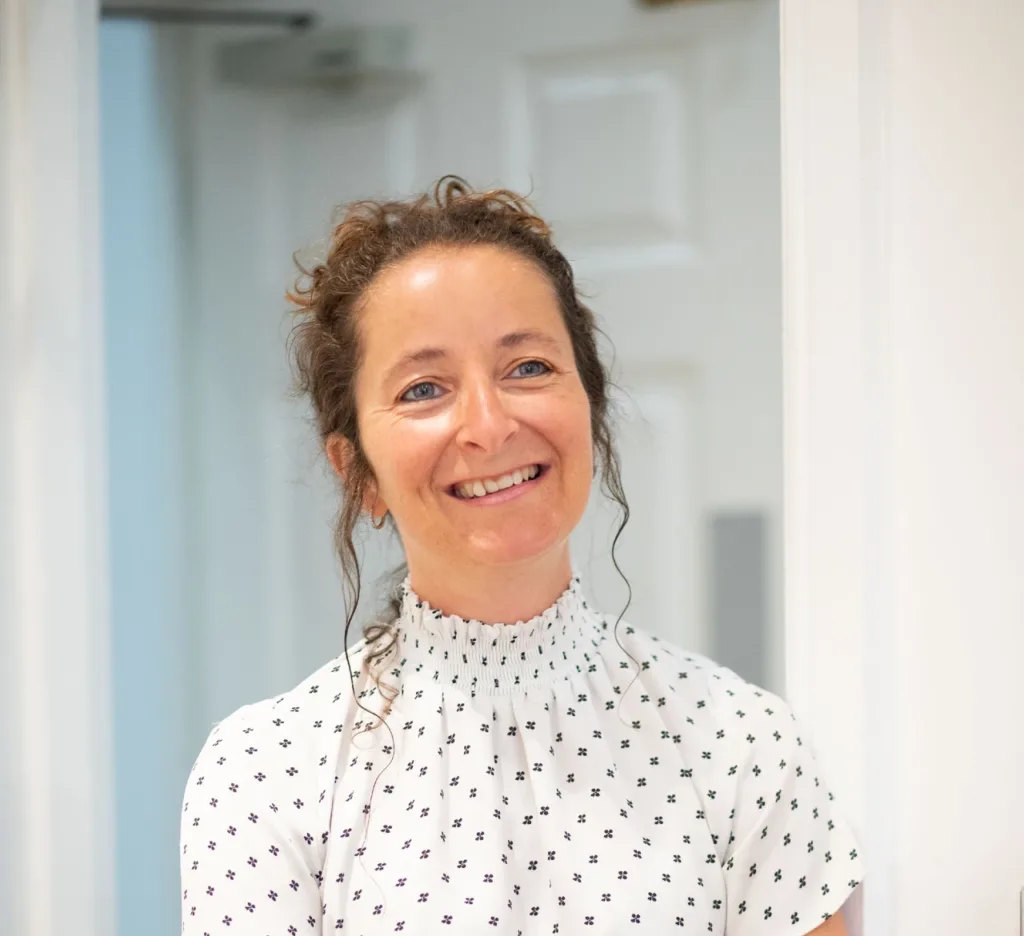Consumer shopping habits have evolved, driven by advances in data and digitisation, and the surge in online shopping during the pandemic.

In this feature first published in Issue 8 of Lodders Life, the CEO of SEGRO discusses the impact that changing consumer shopping habits and advances in data and digitization are having on industrial property.
Ugly duckling to swan
SEGRO plc is a UK Real Estate Investment Trust (REIT), listed on the London Stock Exchange and Euronext Paris, and a leading pan-European developer, manager and owner of warehouses and industrial property.
It owns or manages 9.7 million square metres of space (104 million square feet) valued at £23.8 billion, serving customers from a wide range of industry sectors. Its properties are located in and around major cities and at key transportation hubs in the UK and in seven other European countries.
SEGRO has been creating the space that enables extraordinary things to happen for over 100 years – from modern big box warehouses, used primarily for regional, national and international distribution hubs, to urban warehousing located close to major population centres and business districts, it develops high-quality, sustainable assets that allow its customers businesses to thrive.
As the CEO of a business at the forefront of the industrial property sector, we asked David Sleath, OBE, about how the sector has performed:
“More capital was invested into European industrial property than into offices for the first time in 2021, marking quite a change for the asset class which one might describe as the ‘ugly duckling turned swan’,” he said. “European investment in the sector has surged since 2019, up by over 130%, with investors keen to gain exposure to the capital value and rental growth that has arisen from increased levels of demand for warehouse space and a limited amount of supply, particularly in urban markets where SEGRO has a heavy weighting.
“Demand for warehousing, both ‘big box’ warehouses (typically 250,000 sq ft) and ‘last touch’ urban warehouses (smaller units of up to 100,000 sq ft), has been fueled by the emergence of new users of industrial space alongside increased demand from retailers taking additional space so that they can
respond to higher levels of e-commerce across Europe.
“This occupier market strength has continued into 2022 with preliminary data (from Savills) showing the first six months of the year had the strongest H1 take-up on record despite the current, more uncertain macroeconomic environment.
“Industrial as an asset class has changed significantly since we last faced a similar market backdrop. Modern, generic warehouses like ours are being used for a huge variety of purposes, particularly urban warehouses which are used to provide often essential goods and services to towns and cities.
“Vacancy is at historic low levels and with take-up continuing to be supported by long-term structural drivers – digitalisation, urbanisation, increased occupier focus on supply chain resilience and sustainability – the prospects for further rental growth look good.
“For SEGRO, with its prime portfolio of modern, sustainable warehouses in key locations, the outlook remains positive.”
Amazon
On Amazon’s comments that it has taken too much space, David says: “The pandemic created exceptional circumstances which resulted in retailers having to rapidly scale-up their distribution capabilities to cater to the need for goods to be delivered to our homes. It is only natural that with life back to normal the growth of e-commerce penetration has slowed, but it is still much higher than pre-pandemic levels, and most European markets are expected to exceed 20% of sales online by 2026 (from CBRE).
“This means there is a significant opportunity for retailers in Europe – both online retailers and also traditional retailers who chose to adopt an omni-channel delivery model to retain their market share. Distribution networks are currently not setup to be able to respond to this and will need to be reconfigured, requiring more warehouse space and likely also investment in automation to make fulfilling orders (and handling returns) more efficient.
“Just as Amazon isn’t the only e-commerce provider, e-commerce isn’t the only source of demand of our
space in setup. The European take-up data speaks for itself with the record levels of take up so far this year and e-commerce being a much smaller proportion of that take-up than over the past two years. We are seeing demand from a very broad range of businesses and industries and the increased focus on supply chain resilience and sustainability is also contributing to the strong occupier demand for warehouse space.”
Environmental influence
Being a force for societal and environmental good is integral to SEGRO’s purpose and strategy, and the commercial property sector has its part to play in helping to combat climate change:
“The world is facing a climate crisis and businesses need to work alongside governments and consumers to help find a solution,” comments David. “Real Estate contributes a significant amount to global carbon emissions, so as developers, owners and managers of industrial space, we are committed to building our warehouses in a way that reduces their carbon footprint and also helps our customers to operate them more efficiently, for example adding SMART technology and features such as solar panels.
“We are also focusing on biodiversity within our estates, planting indigenous flora and fauna, adding beehives, insect homes etc, helping us to create spaces that support worker wellbeing, and also have a positive influence on the local community. Industrial estates really have undergone a revolution!”
This article first published in Issue 8 of our client magazine, Lodders Life. Read this and more features online here.
Contact usContact us
Need more advice?
For help with a legal problem or more information on any of our services at Lodders, please get in touch with our friendly team. You can contact us via the number or email address below, or fill in the form and we will get back to you as quickly as we can.

Contact a member of the team
Read more
Other news, insights and events







